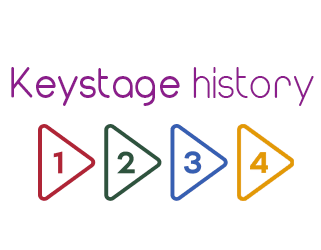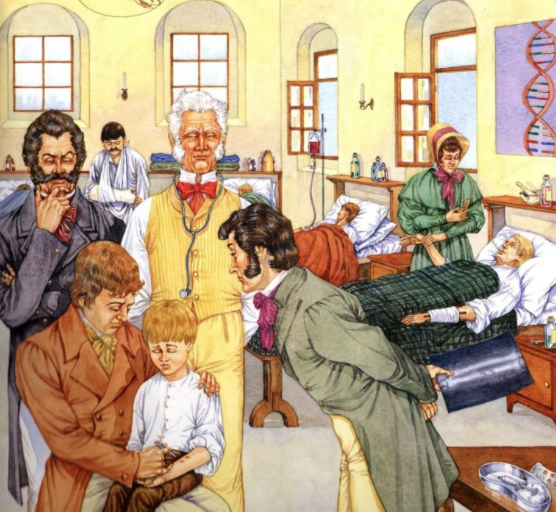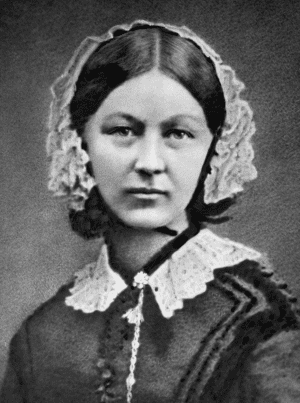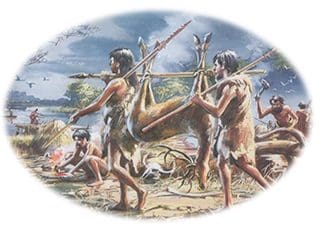
9 ways to ensure that your local history topic is successful
- Don’t even begin your chosen local topic unless you are sure that there are enough suitable resources.
- Local history , of all the topics, should be the most child-centred. You and your colleagues should allow pupils to do the bulk of the work.
- Local history should be enquiry-led. It does come neatly packaged in easy to read textbooks. It’s often messy and fragmentary. Researching familiar local areas can give pupils the best opportunities to ‘act as historians’ and you should use this exploit this opportunity.
- Use the widest range of historical sources possible. Local history studies can use different sources such as: museum and site visits, oral history, newspapers, artefacts, maps, etc.
- As Grant Bage once wrote, “Find romance. Most children love a mystery and finding small clues such as ‘faded lettering on a wall, a bump in a field, an entry in a school log-book, a name on a map’.
- Evaluate evidence. Local history projects should evaluate evidences during the project. Often local history is full of stories which need to be tested against the evidence.
- Involve local experts, not least because its not your job to be a researcher. They will make life so much easier for you and can break the back of most of the research, so you can focus on the learning. Local authors, amateur archaeologists, museum curators and archivists, and members of the local history society usually turn up trumps
- Involve the local community. Sources from local community such as: record offices, libraries, websites, buildings, parish magazines or newsletters, letters home, often provide the human stories that pupils find the most interestingetc.
- Aim for an end-product. The results of any local history can be shared in many ways: an exhibition, open evening, publication, school museum, radio programme and group presentation in assembly+







